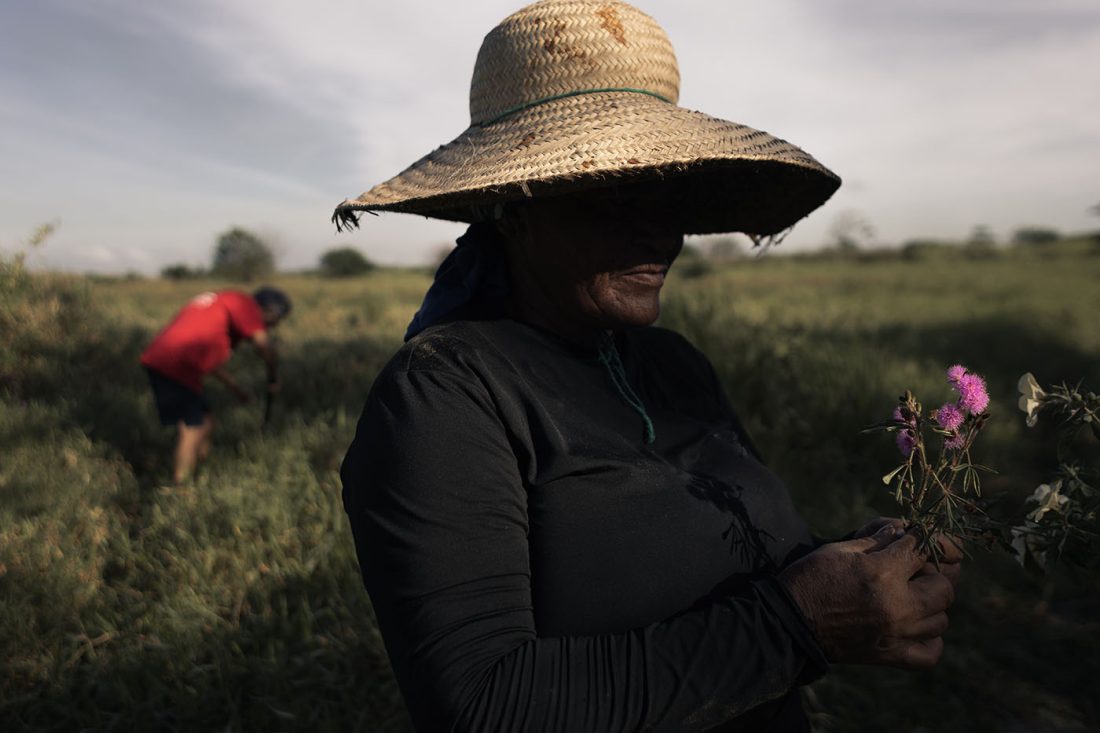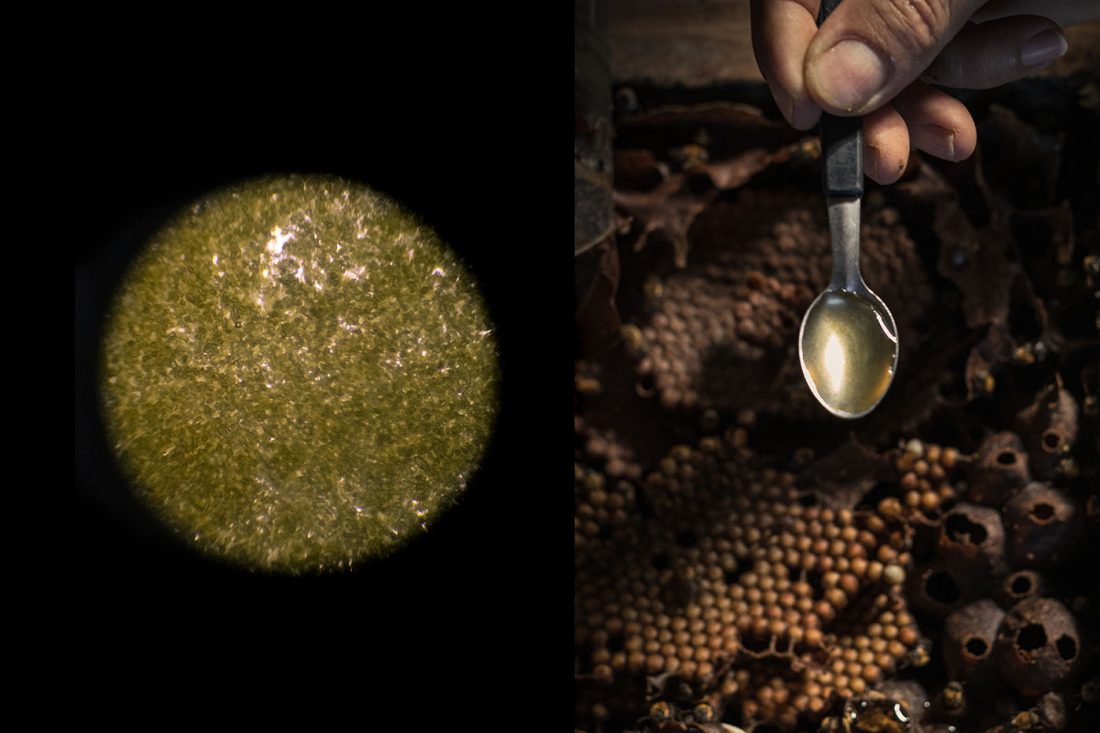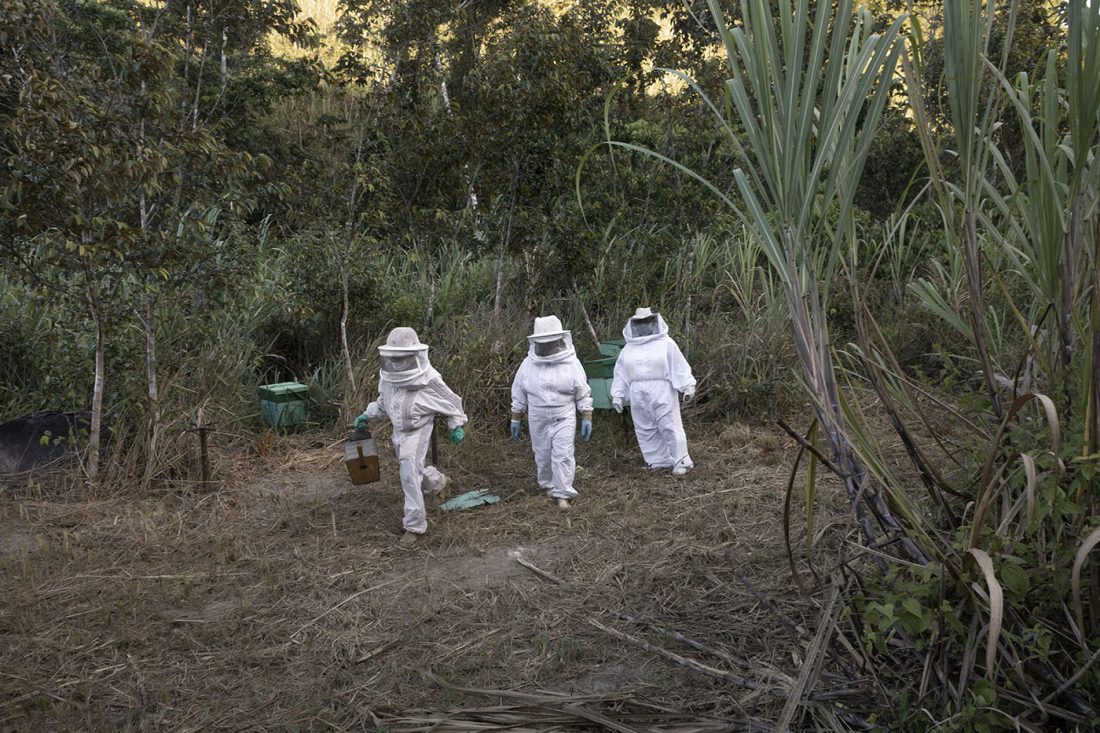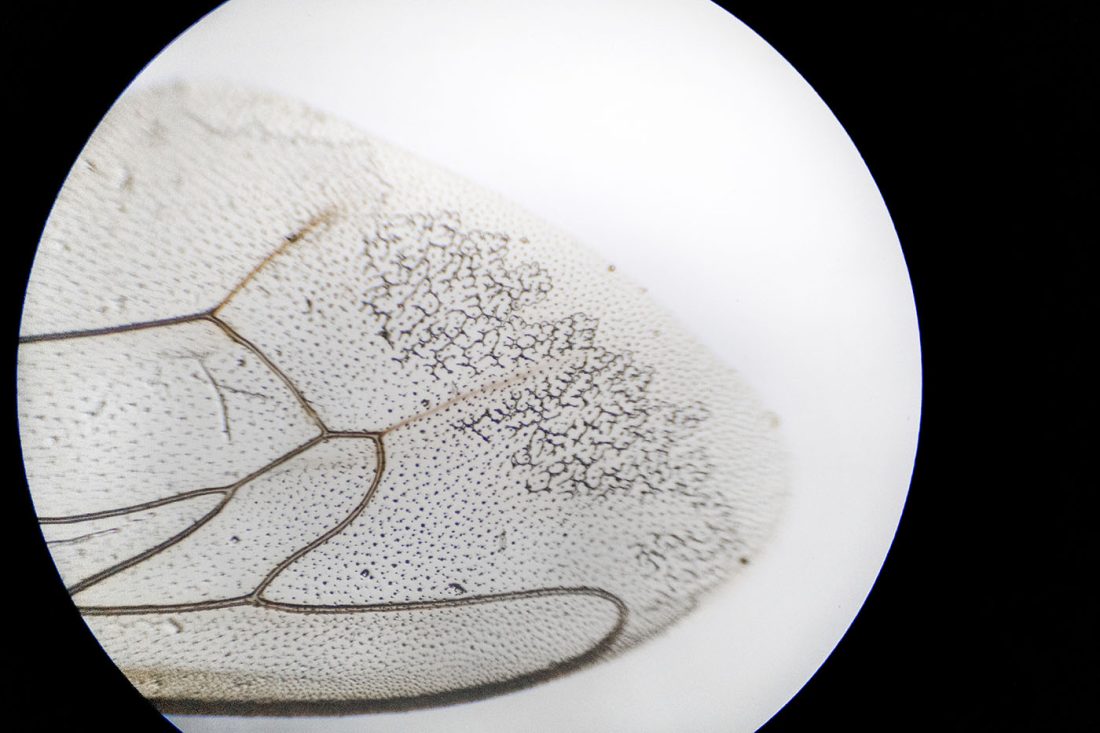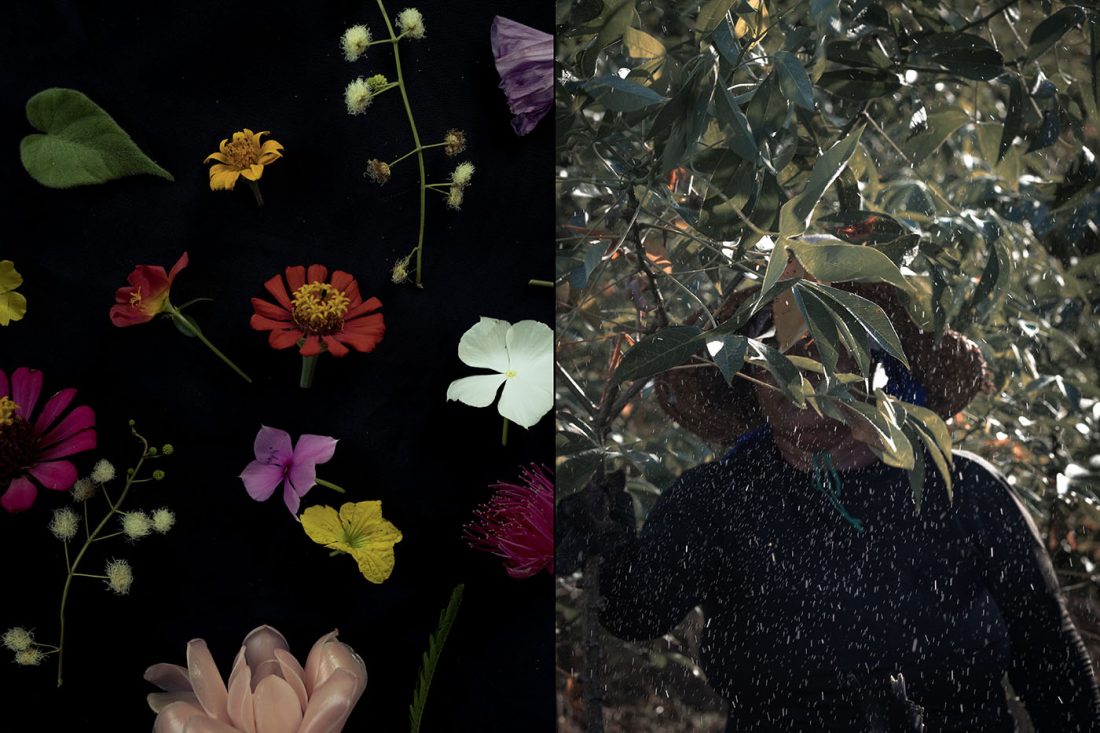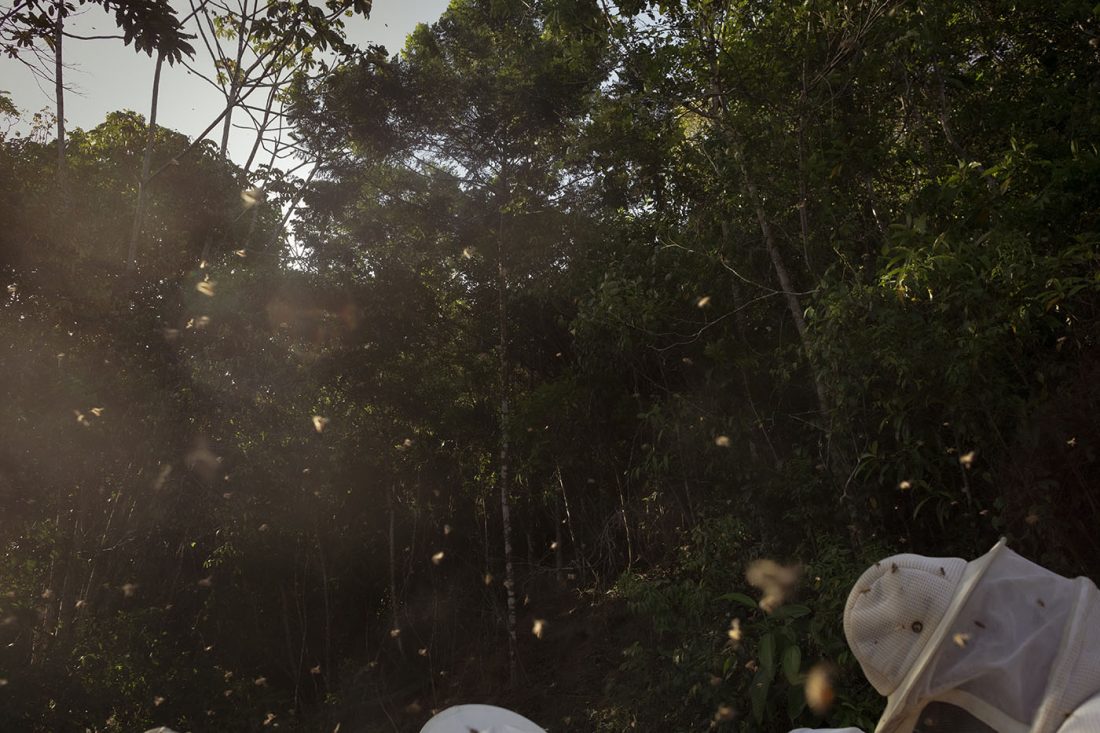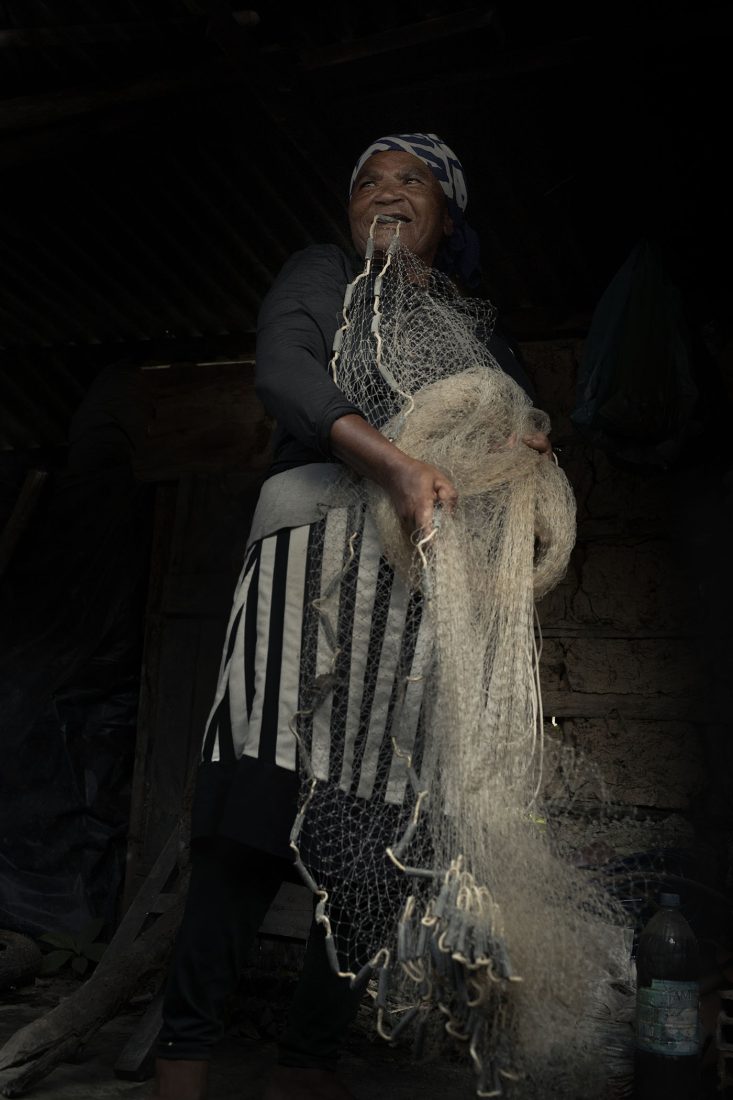The guardians of bees
The massive disappearance and death of bees is not a new phenomenon. However, in recent years it has reached alarming numbers in Brazil. In just three months during 2019, at least half a billion bees suddenly died. Among the main suspicions is the indiscriminate use of pesticides.
Bees are responsible for approximately 70% of pollination of plants grown for food, and their death endangers agriculture and food security worldwide. They are also essential for the pollination of native forests, and their disappearance can trigger the death of entire ecosystems.
To preserve these species, since 2020, a group of women farmers in the forest zone of Pernambuco has combined genetic improvement techniques with ancestral knowledge to seek sustainable ways of raising and protecting bees.
Working in partnership with the Federal Rural University of Pernambuco, they became the first beekeepers in the region, a job until now done only by men. With the money obtained from the honey, they conquered a new profession and also their financial independence.
In addition to the income, the project generated a new dynamic in the community. In order to attract more bees, the women’s group began to rescue sustainable planting techniques and transform the areas around their houses, previously non-productive areas, into agro-ecological oases.
Today, their pesticide-free, high-quality flowers, fruits and honey sprout from their fields, demonstrating that modern practices such as genetic improvement of bees combined with ancestral rituals of caring for the land can be the key to generating income in vulnerable communities and restoring the planet’s ecosystems.


